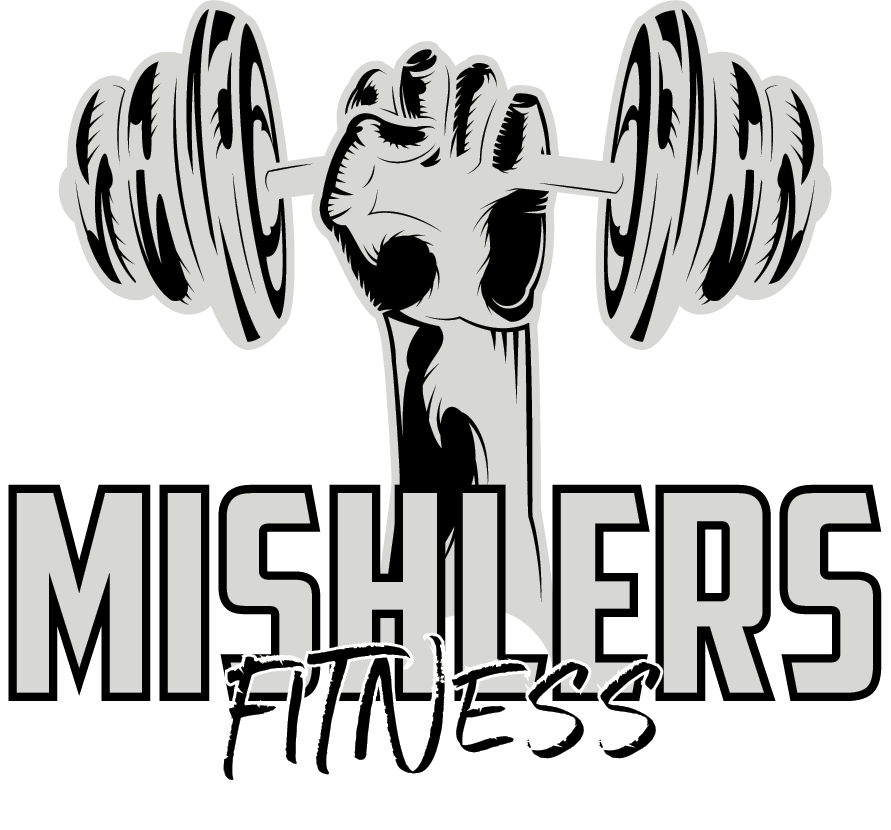Mud baths are a traditional wellness treatment that has been used for centuries around the world. The benefits of mud baths are numerous, and they are becoming increasingly popular as a natural way to improve health and wellbeing. In this article, we will explore the benefits of mud baths and how they can improve your overall health and wellbeing.
What is a mud bath?
A mud bath is a wellness treatment that involves soaking in a tub filled with mineral-rich mud. The mud used in mud baths is usually made up of a combination of clay, water, and other natural substances, such as herbs, flowers, or essential oils. The mud is heated to a comfortable temperature and applied to the body, where it is left to dry for a specific period.

Benefits of a mud bath
Detoxification: Mud baths are known for their detoxifying properties. The minerals and natural substances found in the mud can help to draw out toxins from the body, leaving you feeling refreshed and revitalized. The heat from the mud can also help to increase blood flow, which further aids in the detoxification process.
Exfoliation: The texture of the mud helps to exfoliate the skin, removing dead skin cells and leaving your skin feeling soft and smooth. This can also help to unclog pores, preventing acne and other skin conditions.
Pain relief: Mud baths are known for their pain-relieving properties. The heat from the mud can help to ease muscle tension and soothe sore joints, making them an ideal treatment for those suffering from arthritis or other joint-related conditions.
Stress relief: Soaking in a warm mud bath can be incredibly relaxing, helping to reduce stress levels and promote feelings of calmness and relaxation. The minerals and natural substances found in the mud can also help to improve mood and reduce anxiety.
Improved circulation: The heat from the mud can help to improve blood flow, which can aid in the delivery of nutrients and oxygen to the body’s cells. This can help to boost energy levels and promote overall health and wellbeing.
Improved skin health: The minerals and natural substances found in the mud can help to nourish and hydrate the skin, improving its overall health and appearance. This can help to reduce the signs of aging and promote a youthful, radiant complexion.
Immune system boost: The minerals and natural substances found in the mud can help to boost the immune system, improving your body’s ability to fight off illness and disease.
Improved sleep: Soaking in a warm mud bath can help to promote relaxation and improve sleep quality. This can be especially beneficial for those who suffer from insomnia or other sleep disorders.
Improved respiratory function: The heat and steam from a mud bath can help to open up the respiratory system, improving breathing and reducing the symptoms of respiratory conditions such as asthma and allergies.
Pain relief for menstrual cramps: Mud baths have been found to be effective in reducing the symptoms of menstrual cramps. The heat and minerals in the mud can help to soothe abdominal muscles and alleviate pain.

Improved digestion: The minerals and natural substances found in the mud can help to improve digestion and promote healthy bowel movements. This can be especially beneficial for those suffering from digestive issues such as constipation or irritable bowel syndrome.
Enhanced nutrient absorption: The minerals and natural substances found in the mud can help to improve the absorption of nutrients from food, helping to ensure that your body is getting the most out of the food you eat.
Improved joint mobility: The heat and minerals in mud can help to soothe stiff joints and improve mobility, making them a popular treatment for those with arthritis or other joint-related conditions.
Enhanced metabolism: Mud baths have been found to increase metabolism, helping the body to burn calories more efficiently and potentially aiding in weight loss.
Reduced inflammation: The minerals and natural substances found in mud can help to reduce inflammation in the body, which can be beneficial for those with conditions such as rheumatoid arthritis, psoriasis, or eczema.
Improved mental clarity: Soaking in a warm mud bath can help to improve mental clarity and focus, making it an excellent treatment for those who need to reduce stress and improve their cognitive function.
Aids in wound healing: The minerals and natural substances in mud can help to speed up the healing process of wounds and reduce the risk of infection.
Improved circulation to the scalp: Mud baths can help to improve blood flow to the scalp, which can be beneficial for those suffering from hair loss or other scalp conditions.
There are different methods of mud baths, and they vary depending on the location and the type of mud used. Here are some of the most common methods:
Natural hot springs: Some natural hot springs contain mud at the bottom, and visitors can soak in the mud while they enjoy the thermal waters. This method is popular in places like Iceland, Japan, and California.

nd, Japan, and California.
Mud baths in spas: Spas offer different types of mud baths, which can include mud from different sources, such as volcanic mud, Dead Sea mud, or even peat moss. Some spas apply the mud to the skin, while others provide a mud pool where visitors can soak and relax.
Mud wraps: In this method, the mud is applied to the body, and then the person is wrapped in a warm blanket or plastic wrap. The heat helps the skin to absorb the nutrients and minerals in the mud, resulting in a deep cleanse and hydration of the skin.
DIY mud baths: It is possible to create a mud bath at home by mixing clay, mud, or bentonite with warm water. This method is cost-effective and convenient, but it is important to ensure that the mud used is safe and free from toxins.
Ayurvedic mud baths: In Ayurvedic medicine, mud is used as part of a detoxification process. The mud is mixed with water and herbs, and the person is massaged with the mixture to promote lymphatic drainage and reduce inflammation.
Volcanic ash mud baths: This method is popular in areas with volcanic activity, such as Italy and Indonesia. The mud is made from volcanic ash and is believed to have healing properties due to its high concentration of minerals.
Dead Sea mud baths: Dead Sea mud is rich in minerals and has been used for centuries for its therapeutic benefits. The high concentration of minerals, such as magnesium and potassium, can help to improve skin hydration and reduce inflammation.
Peat moss mud baths: Peat moss mud is made from decomposed plant material and is high in organic matter. It is believed to have anti-inflammatory and antioxidant properties, making it an excellent choice for those with skin conditions or joint pain.
Mud therapy: Mud therapy is a holistic approach that involves applying mud to the body, followed by massage and hydrotherapy. This method is believed to improve circulation, reduce inflammation, and promote relaxation and overall wellbeing.
Cold mud therapy: This method involves applying cold mud to the body, which can help to reduce inflammation and soothe sore muscles. This method is particularly popular among athletes as a post-workout recovery treatment.
Turkish hamam mud baths: In Turkish culture, hamams are traditional bathhouses that offer a unique spa experience. Hamam mud baths involve a steam room followed by a full-body scrub, and then the application of a mud mask. This method is believed to detoxify the body and exfoliate the skin.
Kneipp therapy mud baths: Kneipp therapy is a holistic approach that combines hydrotherapy, herbal medicine, and lifestyle changes. Kneipp mud baths involve the application of therapeutic mud mixed with mineral water, followed by a period of rest and relaxation.
Foot baths: Mud foot baths involve soaking the feet in a warm mud mixture, which can help to soothe tired and sore feet. This method is particularly popular in Asia, where it is believed to improve blood circulation and reduce stress.
In conclusion, there are many different methods of mud baths, each with its unique benefits and advantages. Whether you prefer Turkish hamam mud baths, Kneipp therapy mud baths, or Ayurvedic herbal mud baths, it is important to choose a method that is safe and suited to your needs. Consult with a healthcare provider before trying a mud bath if you have any pre-existing medical conditions or concerns.




